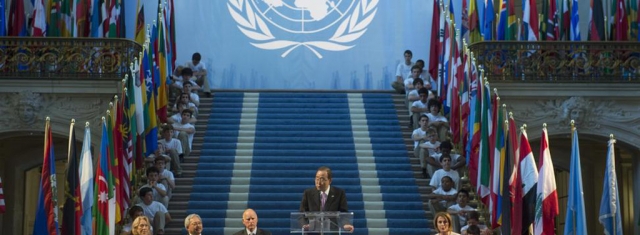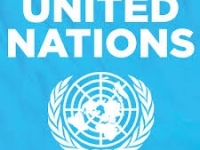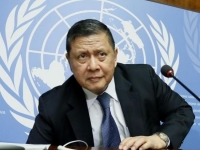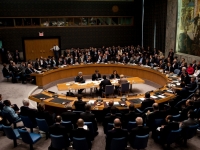News
U.N. envoy voices fears on North Korea-Russia extradition pact.
North Korea-Russia.

UN (Source: www.un.org)
The U.N. human rights investigator for North Korea called on Russia on Friday to renounce a new extradition treaty, voicing fears that North Koreans seeking asylum could be forced back home and face punishment in violation of international law.
An estimated 10,000 North Koreans are regular laborers in Russia, and some stay after their contracts have expired to seek asylum, said Marzuki Darusman, U.N. special rapporteur on human rights in the Democratic People's Republic of Korea (DPRK).
The extradition treaty, signed in Moscow on Feb. 2, calls for transferring and readmitting people who have "illegally" left their country or are staying "illegally" abroad, he said.
"Given the practice of the DPRK to send laborers to Russia, who often work in slave-like conditions, it is feared that such a treaty could also be used to capture and repatriate workers who attempt to seek asylum," Darusman said in a statement.
Citizens forcibly repatriated to North Korea are often subjected to torture, arbitrary detention, summary executions, forced abortions and other sexual violence, he said, citing the findings of a landmark U.N. investigation in 2014.
North Korea stands accused by U.N. investigators, including Darusman, of committing alleged crimes against humanity, marked by a system of Nazi-style atrocities including labor camps.
Darusman, in his latest report this month, asked the United Nations to officially notify its leader Kim Jong Un that he may be investigated for crimes against humanity.
Pyongyang has consistently brushed off the allegations and rejected any responsibility for human rights violations. North Korean foreign minister Ri Su Yong is due to address the U.N. Human Rights Council on March 1.
The 47-member forum, which opens a month-long session on Monday, is to hold a debate on North Korea and Darusman's report on March 14. Japan and the European Union are drafting a resolution that would keep the spotlight on North Korea's record and renew the special rapporteur's mandate, diplomats say.
Darusman, referring to North Korea's Jan 6 nuclear test and rocket launch, said: "The signing of the treaty took place against the context where the DPRK continues to commit deliberate belligerent acts, such as nuclear testing followed by the latest missile launch.
"Such acts adversely impact on the constructive efforts to address the ongoing gross human rights violations in the country and reinforce even further the international community´s resolve to pursue political and legal accountability."
(Reporting by Stephanie Nebehay; Editing by Alison Williams)
more information: https://http://www.reuters.com/article/us-northkorea-un-idUSKCN0VZ142
Liability for this article lies with the author, who also holds the copyright. Editorial content from USPA may be quoted on other websites as long as the quote comprises no more than 5% of the entire text, is marked as such and the source is named (via hyperlink).








